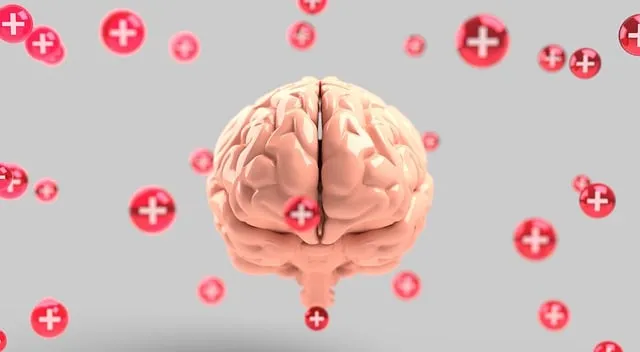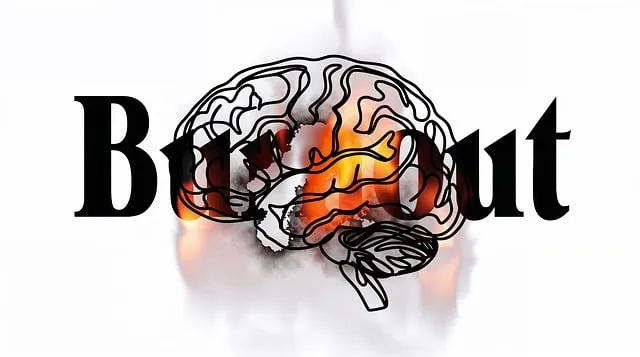Kaiser's Wheat Ridge location prioritizes mental health safety through comprehensive risk assessment, identifying psychological and social triggers to implement tailored strategies like Coping Skills Development and Emotional Well-being Promotion. They offer innovative therapy techniques, personalized support for anxiety, stress, and substance abuse, and evidence-based practices focusing on harm minimization and long-term wellness. Regular evaluation ensures their programs remain effective, aligning with Kaiser's mission to promote holistic health through continuous improvement in mental health services in Wheat Ridge.
Risk assessment and harm minimization planning are foundational elements in creating safe, supportive environments. This article explores these critical processes, focusing on mental health services offered by Kaiser at their Wheat Ridge location. We delve into how comprehensive risk assessments identify potential hazards, while harm minimization strategies provide effective interventions. Additionally, we discuss the importance of implementation and continuous improvement to ensure long-term wellbeing for all individuals involved. Discover how Kaiser’s Wheat Ridge approach balances care with safety.
- Understanding Risk Assessment: A Cornerstone of Safe Environments
- Mental Health Services at Kaiser: Unveiling the Wheat Ridge Option
- Harm Minimization Planning: Strategies for Effective Intervention
- Implementation and Continuous Improvement: Ensuring Long-Term Wellbeing
Understanding Risk Assessment: A Cornerstone of Safe Environments

Risk assessment is a fundamental process that forms the backbone of creating safe and supportive environments, especially in mental health settings like Kaiser in Wheat Ridge. It involves meticulously analyzing potential hazards and risks to predict and mitigate negative outcomes, ensuring the well-being and security of individuals within these spaces. By understanding the unique risks present, whether they be physical, psychological, or social, organizations can implement effective strategies to minimize harm.
This process begins with identifying potential triggers or stressors and evaluating their likelihood and impact. For Kaiser in Wheat Ridge, offering mental health services, risk assessment would involve considering factors like past trauma, substance abuse history, or emotional vulnerability. Once identified, these risks can be addressed through various means, including Coping Skills Development programs, Emotional Well-being Promotion Techniques, and tailored Communication Strategies. These proactive measures not only help individuals cope with potential triggers but also foster a sense of safety and support within the environment.
Mental Health Services at Kaiser: Unveiling the Wheat Ridge Option

At Kaiser, mental health services play a pivotal role in nurturing patient well-being. Among the various options available, Wheat Ridge stands out as an innovative approach. This specialized service within Kaiser offers a unique blend of clinical expertise and empathetic support designed to address a wide range of mental health concerns. By integrating cutting-edge therapy techniques with personalized care, Wheat Ridge aims to provide effective solutions for individuals seeking relief from anxiety, stress, and other common mental health challenges.
The heart of Wheat Ridge lies in its commitment to building empathy between patients and healthcare providers. Through crisis intervention guidance and tailored support strategies, the team fosters an environment that encourages open communication and promotes rapid recovery. By prioritizing patient-centered care, Kaiser’s Wheat Ridge option ensures individuals receive comprehensive assistance, encompassing both short-term relief and long-lasting coping mechanisms for improved mental health management.
Harm Minimization Planning: Strategies for Effective Intervention

Harm Minimization Planning involves strategic interventions designed to mitigate risks and promote mental wellness. At Kaiser in Wheat Ridge, mental health services play a pivotal role in this process. These services cater to a diverse range of needs, from individual therapy sessions to group support programs, all aimed at empowering individuals to manage their mental health effectively. The approach emphasizes evidence-based practices and tailored interventions that address underlying causes of distress, such as anxiety, depression, or substance abuse.
Integrating Stress Reduction Methods and Mental Health Education Programs Design is a key strategy within harm minimization planning. By teaching individuals coping mechanisms and promoting mental wellness, these programs empower people to navigate life’s challenges more effectively. Kaiser’s Wheat Ridge location offers specialized services that cater to unique populations, ensuring that everyone has access to the support they need to lead fulfilling lives free from preventable harm.
Implementation and Continuous Improvement: Ensuring Long-Term Wellbeing

Wheat Ridge’s Kaiser Permanente offers a robust framework for mental health services, emphasizing continuous improvement and adaptability to ensure long-term wellbeing. This commitment is evident in their comprehensive harm minimization planning, which incorporates strategies like Depression Prevention initiatives and Compassion Cultivation Practices. By integrating these programs within their community outreach efforts, Kaiser Permanente creates a supportive environment that not only addresses immediate concerns but also fosters resilience among its members.
Regular evaluation and refinement of these programs are vital to meet evolving needs. Through collaborative partnerships and data-driven insights, Kaiser Permanente can identify areas for enhancement, ensuring that their services remain effective and relevant. This proactive approach aligns with the organization’s mission to promote holistic health, making mental wellness a priority in the community.
Risk assessment and harm minimization planning are vital components in creating safe environments, especially within mental health services like those offered by Kaiser. As seen with the successful implementation at Kaiser’s Wheat Ridge facility, strategic interventions can significantly enhance patient wellbeing. By understanding risk factors and employing effective planning, healthcare providers can navigate complex scenarios and ensure long-term positive outcomes. This comprehensive approach not only minimizes potential harm but also fosters a supportive environment tailored to individual needs.





